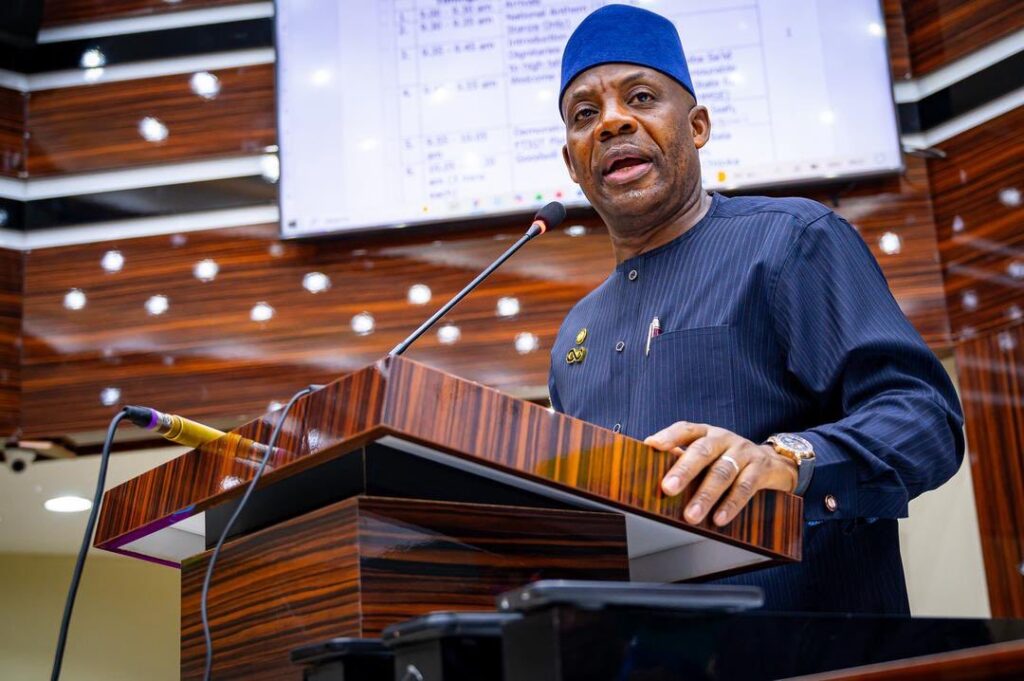Nigeria launches platform to stimulate transparency in tertiary institutions

Abdullateef Fowewe
The Nigeria Government has launched the Federal Government Tertiary Institution Governance and Transparency Platform (FTIGTP) to promote transparency, accountability, and evidence-based decision-making across Nigeria’s tertiary education sector.
The initiative was jointly unveiled by the Minister of Education, Dr Tunji Alausa and the Minister of State for Education, Professor Suwaiba Said, at the Ministry’s headquarters in Abuja.
According to Alausa, the FTIGTP serves as a unified national database offering real-time access to critical institutional data, including enrolment statistics, research funding, and interventions from key agencies such as TETFund and NELFUND.
Marking his one year in office, the Minister described the platform as a major milestone in ongoing education reforms.
“When we began this journey a year ago, many institutions were reluctant to share their data. Today, that has changed — our institutions are embracing transparency, and this platform cements that progress as a national standard,” he said.
Beginning in 2026, all Federal Universities, Polytechnics, and Colleges of Education will be required to submit annual institutional and financial data through the FTIGTP. The Minister warned that TETFund ICT allocations will only be approved for institutions with verified data submissions.
“Every tertiary institution is expected to comply. No institution will be eligible for TETFund ICT interventions without full data submission and clearance,” he emphasised.
The Minister added that the reform aligns with President Bola Ahmed Tinubu’s vision for transparency, accountability, and value-driven governance.
He also commended Vice-Chancellors, Rectors, and Provosts for their cooperation and acknowledged Osita Chidoka, Chancellor of the Athena Centre for Policy and Leadership, for describing the FTIGTP as “a timely and essential step toward transforming Nigeria’s tertiary education system.”
The platform, he concluded, signals a new era of good governance and data-driven transparency in Nigeria’s higher education sector.




